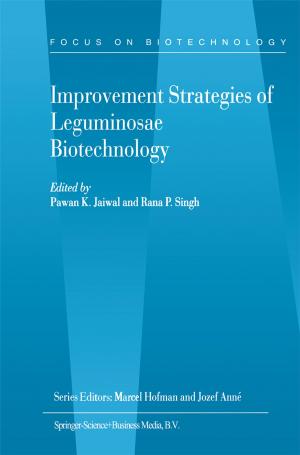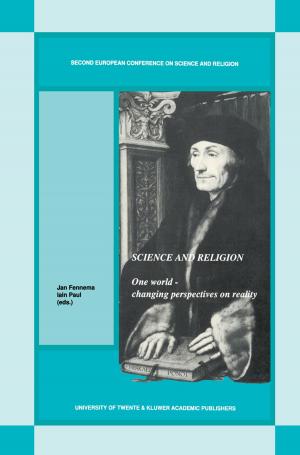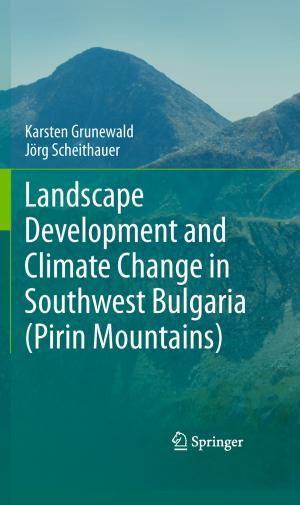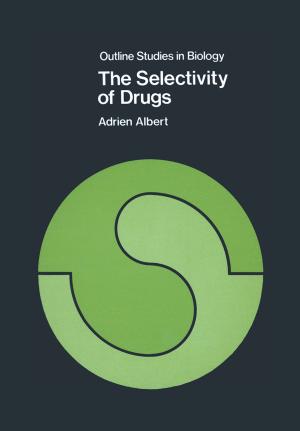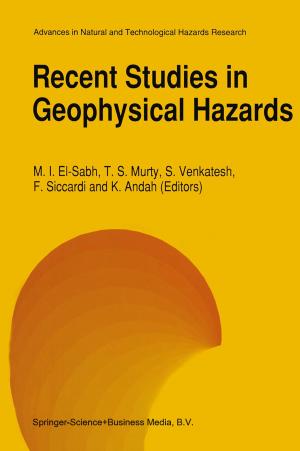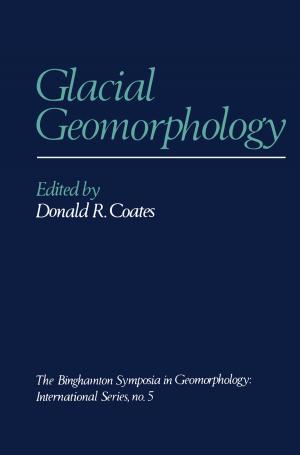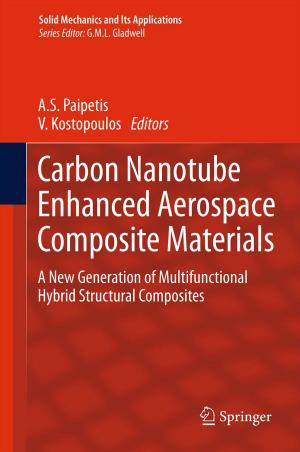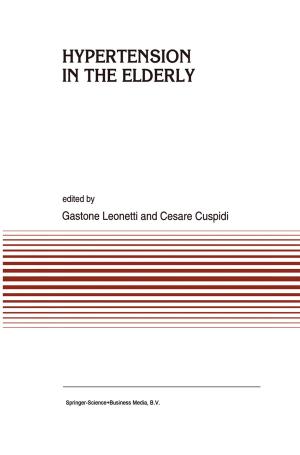Epistemic Fluency and Professional Education
Innovation, Knowledgeable Action and Actionable Knowledge
Nonfiction, Reference & Language, Education & Teaching, Counseling & Guidance, Higher Education| Author: | Lina Markauskaite, Peter Goodyear | ISBN: | 9789400743694 |
| Publisher: | Springer Netherlands | Publication: | September 21, 2016 |
| Imprint: | Springer | Language: | English |
| Author: | Lina Markauskaite, Peter Goodyear |
| ISBN: | 9789400743694 |
| Publisher: | Springer Netherlands |
| Publication: | September 21, 2016 |
| Imprint: | Springer |
| Language: | English |
This book, by combining sociocultural, material, cognitive and embodied perspectives on human knowing, offers a new and powerful conceptualisation of epistemic fluency – a capacity that underpins knowledgeable professional action and innovation. Using results from empirical studies of professional education programs, the book sheds light on practical ways in which the development of epistemic fluency can be recognised and supported - in higher education and in the transition to work.
The book provides a broader and deeper conception of epistemic fluency than previously available in the literature. Epistemic fluency involves a set of capabilities that allow people to recognize and participate in different ways of knowing. Such people are adept at combining different kinds of specialised and context-dependent knowledge and at reconfiguring their work environment to see problems and solutions anew.
In practical terms, the book addresses the following kinds of questions. What does it take to be a productive member of a multidisciplinary team working on a complex problem? What enables a person to integrate different types and fields of knowledge, indeed different ways of knowing, in order to make some well-founded decisions and take actions in the world? What personal knowledge resources are entailed in analysing a problem and describing an innovative solution, such that the innovation can be shared in an organization or professional community? How do people get better at these things; and how can teachers in higher education help students develop these valued capacities? The answers to these questions are central to a thorough understanding of what it means to become an effective knowledge worker and resourceful professional.
This book, by combining sociocultural, material, cognitive and embodied perspectives on human knowing, offers a new and powerful conceptualisation of epistemic fluency – a capacity that underpins knowledgeable professional action and innovation. Using results from empirical studies of professional education programs, the book sheds light on practical ways in which the development of epistemic fluency can be recognised and supported - in higher education and in the transition to work.
The book provides a broader and deeper conception of epistemic fluency than previously available in the literature. Epistemic fluency involves a set of capabilities that allow people to recognize and participate in different ways of knowing. Such people are adept at combining different kinds of specialised and context-dependent knowledge and at reconfiguring their work environment to see problems and solutions anew.
In practical terms, the book addresses the following kinds of questions. What does it take to be a productive member of a multidisciplinary team working on a complex problem? What enables a person to integrate different types and fields of knowledge, indeed different ways of knowing, in order to make some well-founded decisions and take actions in the world? What personal knowledge resources are entailed in analysing a problem and describing an innovative solution, such that the innovation can be shared in an organization or professional community? How do people get better at these things; and how can teachers in higher education help students develop these valued capacities? The answers to these questions are central to a thorough understanding of what it means to become an effective knowledge worker and resourceful professional.



